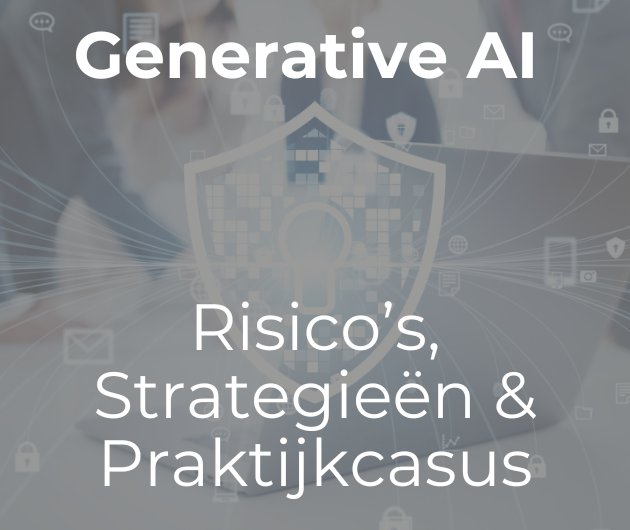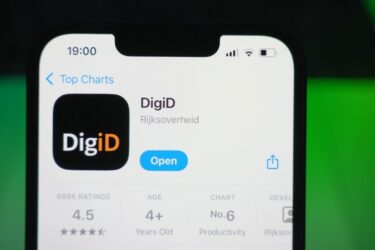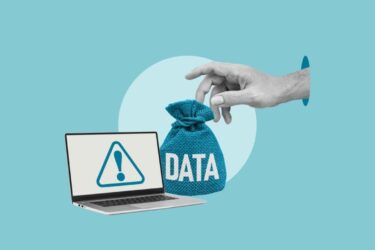In the early days of commercial data processing the technology frightened most employees and so electronic data processing (EDP) departments exploited the situation to set up their own little empires. A real antagonism developed between users and the EDP department and a gulf developed which still exists today.
Over the years this legacy has become more of a problem because of the growth of office applications. Office managers saw the opportunity to get even with the arrogant EDP people and took over the choice of systems and technology. In retrospect this was the wrong option, the computer experience of the EDP professionals should have been invaluable and should have avoided some nasty pitfalls. Some computer companies, IBM in particular with their roots in early business systems, added word processors, printers, OCR and other intriguing machines to their product range, but the leading light was Wang. Wang sold to the office managers, alienating the EDP department, which eventually was their undoing when in later years some control returned to EDP department, by then usually referred to as IT.
And then came the PC. The original PC was a monstrosity that IBM should be for ever ashamed of. They in fact didn’t intend it for mass use, incorrectly thinking that only sophisticated users would want word processors and that Xerox was the competition for their own specialist word processing products. How wrong they were! This is where the root of today’s problem lies. Any knowledgeable computer specialist would have told IBM that the PC was a good idea, as demonstrated by earlier products from Wang, Future Technology Systems, etc., and sent them back to the drawing board to design a machine properly. Instead the users ignored corporate strategies and purchased PCs from other (uncontrolled) budgets, creating enough demand to generate a PC clone industry and thus for many years killing innovation.
The PC has of course progressed from that unfortunate beginning to become both the common desktop and domestic computer. But the growth was driven by mass advertising directly aimed at the users. Thus the PC began its role of desktop client with the millstone of single tasking operating systems, DOS and Windows 3.x. Any professional would have advised against such a serious technical shortcoming, but the end-users didn’t trust the IT department’s advice. The result was Netware and then Lan Manager, which as single user systems were useful for sharing storage and printers, but categorically wrong for the serious multi-user and cooperative systems needed for mixing office systems with data processing.
The situation was made even worse by the lack of standards, so that the core business systems themselves became diverse and incompatible. And now we need to work globally within the framework of an insecure network, the Internet, mixing professional use with the enthusiastic amateur (and rogue).
We are much better off today with individual systems. Windows XP, a copy of OS/2, has given the PC the desired capabilities and Unix, Linux, z/OS, etc. all make wonderful servers. Thanks to the Internet we also have progressed significantly with standards. But all this lot have to work together, with a lot of the older stuff in the way. At the same time the users are coming up with new requirements, fuelled by propaganda from the PC industry which is desperate to find ways to persuade users to demand replacement systems.
What a mess, and yet the challenge to improve the situation is so strong that IT is such a fascinating industry to work in, even if we fall well short of what should have been achieved.< BR>
Martin Healey, pioneer development Intel-based computers en c/s-architecture. Director of a number of IT specialist companies and an Emeritus Professor of the University of Wales.








